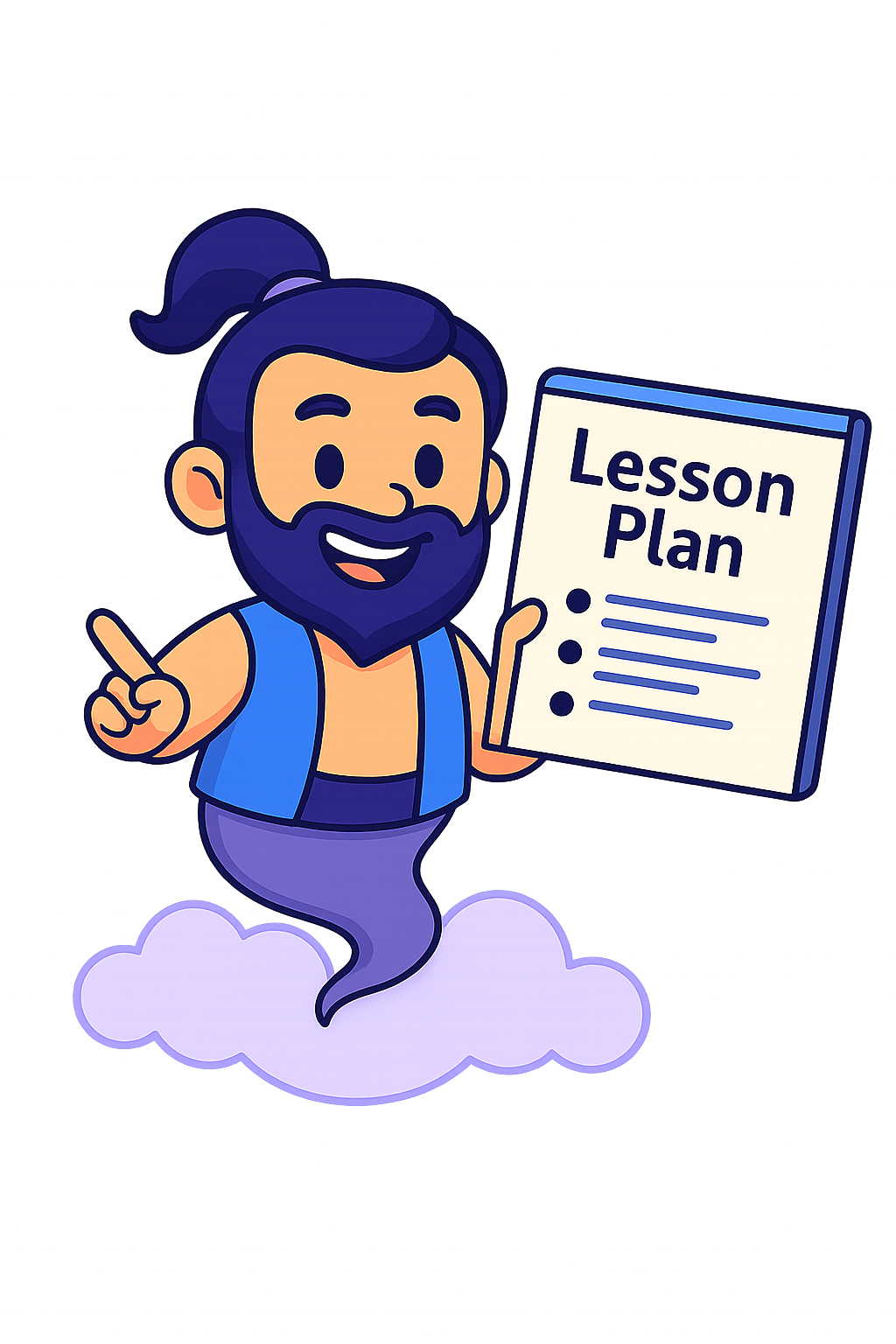 Understanding Key Ideas in Informational Texts
Understanding Key Ideas in Informational Texts
Objective: Students will learn to identify and explain how an author uses reasons and evidence to support particular points in an informational text.
Learning Objectives
- Understand what an author’s reasons and evidence are in a text.
- Identify reasons and evidence the author uses to support points in an informational passage.
- Explain how reasons and evidence help the reader understand the main ideas.
Materials Needed
- A short informational passage suitable for 8-year-olds (e.g., about animals, simple science topic, or history)
- Paper and pencil for note-taking
- Highlighters or colored pencils
Key Vocabulary
- Informational Text
- A type of writing that gives facts and information about a topic.
- Evidence
- Facts or information that support an idea or argument.
- Reason
- An explanation or cause that supports a point an author is making.
Detailed Activities
Read and Highlight Key Ideas
- Read the selected informational passage aloud together or have the student read quietly.
- Discuss the topic and main idea of the passage to ensure understanding.
- Use highlighters or colored pencils to mark sentences that give reasons or evidence supporting the main points.
Discuss and Explain
- Ask the student to explain why the author included each highlighted reason or piece of evidence.
- Guide the student to connect these reasons and evidence to the main idea of the text.
- Write down the student’s explanations to practice putting ideas into their own words.
Practice with a Short Passage
- Provide a new short informational passage.
- Have the student identify and underline reasons and circle evidence in the text.
- Review together, discussing how these help support the author’s main points.
Parent & Instructor Notes
- This lesson focuses on helping your child understand how authors build their arguments with reasons and evidence.
- Encourage your child to think about why the author included specific facts or examples and how these help explain the main idea.
- You do not need to be an expert on the topic; just support your child by asking questions and discussing the text together.
Assessment Questions
- What is the main idea of the passage?
- Can you find one reason the author gives to support the main idea?
- What evidence does the author use to explain that reason?
- How do the reasons and evidence help you understand the topic better?
Extension Ideas
- Have your child write a short paragraph using reasons and evidence to explain their favorite hobby or animal.
- Read a simple article from a children’s magazine and identify reasons and evidence together.
- Create a chart listing main points with supporting reasons and evidence from different texts your child reads.
Frequently Asked Questions
Start with very simple texts and model how to find reasons and evidence by thinking aloud. Use guiding questions like ‘Why do you think the author included this fact?’ to help your child.
Choose topics your child is interested in, such as animals or space. Use colorful highlighters, and turn the activity into a game by timing how fast they can find reasons and evidence.
Teacher’s Guide
Common Misconceptions:
- Students may confuse a reason with just a fact unrelated to the author’s point.
- Children might think all information in the text is equally important as evidence.
- Students might struggle to explain how evidence supports the author’s point rather than just identifying it.
Scaffolding Ideas:
For Struggling Students:
- Use shorter texts with clear, simple reasons and evidence.
- Provide sentence starters to help explain the connection between evidence and reasons.
- Work one-on-one or in small groups to guide through the text.
For Advanced Students:
- Challenge them to find multiple reasons and evidence in longer or more complex passages.
- Ask them to compare how different authors support similar points.
- Have them write their own informational paragraph using reasons and evidence.
Pacing Recommendations:
- Spend about 15 minutes reading and highlighting the text together.
- Use 15 minutes for discussion and explanation of reasons and evidence.
- Dedicate 15 minutes for independent practice with a new passage.
Standards
- 8.RI.8 — Explain how an author uses reasons and evidence to support particular points in a text.
Printable Worksheet
Plan Your Own Lesson
Looking for a custom lesson plan? Try our Lesson Planning Generator — create standards-based plans for any topic, instantly!
Common Core Aligned Lesson Plans
Looking for another common core lesson? See all of the lesson plans here.
More Free Lesson Plans
We’re adding more every week! Check back soon or explore all our lesson plans here.

 Understanding Key Ideas in Informational Texts
Understanding Key Ideas in Informational Texts
Leave a Reply